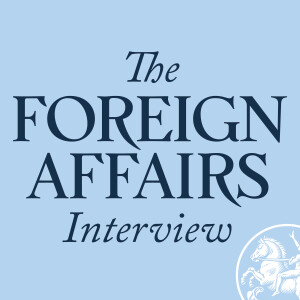Thursday May 15, 2025
In a little more than 100 days, Donald Trump has set about dismantling much of the international order that has prevailed since World War II. That’s true of traditional U.S. approaches to trade, to conflict, alliances, international organizations, and more.
But as much as we focus on Trump, Michael Beckley argues that much of this change in U.S. foreign policy has deeper roots, going to the very nature of American power. The United States is increasingly a “rogue superpower,” Beckley has written, “neither internationalist nor isolationist but aggressive, powerful, and increasingly out for itself.” How this America interacts, not just with adversaries like China but also with allies and others, may be the most important question in geopolitics today.
Beckley is an associate professor of political science at Tufts University, a nonresident senior fellow at the American Enterprise Institute, and Asia director at the Foreign Policy Research Institute, and has been one of the sharpest analysts of American grand strategy in an era of deepening great-power competition.
Beckley joined Dan Kurtz-Phelan on May 13 to discuss both the resilience of American power and the risks to it—and what the global transformation now underway will mean for U.S. interests going forward.
You can find sources, transcripts, and more episodes of The Foreign Affairs Interview at https://www.foreignaffairs.com/podcasts/foreign-affairs-interview.







